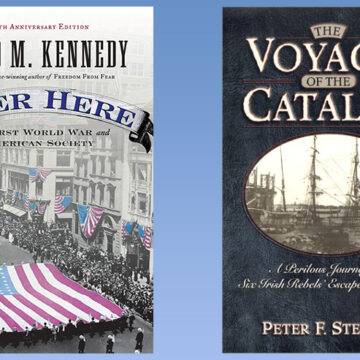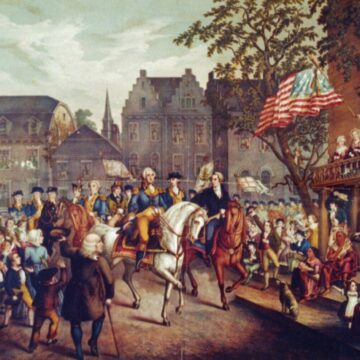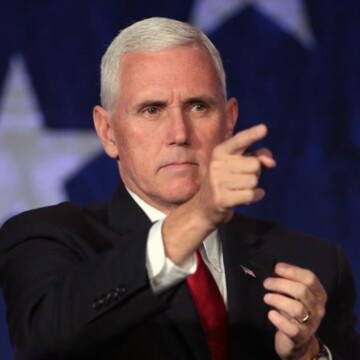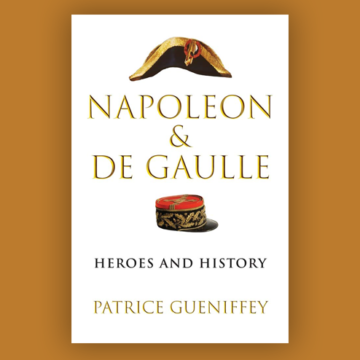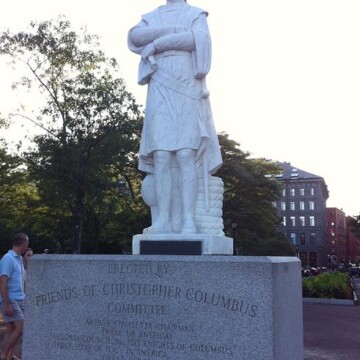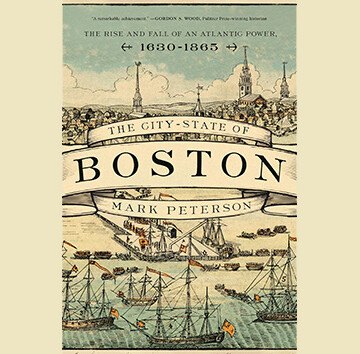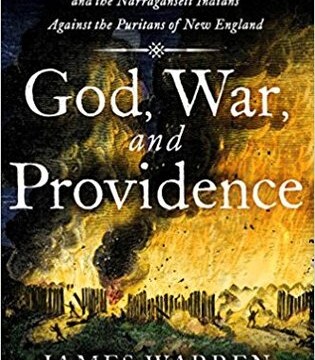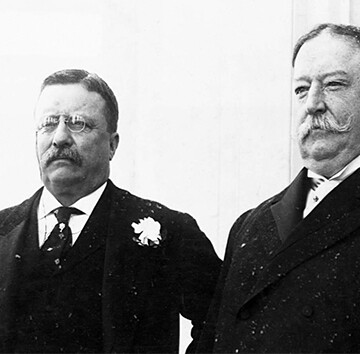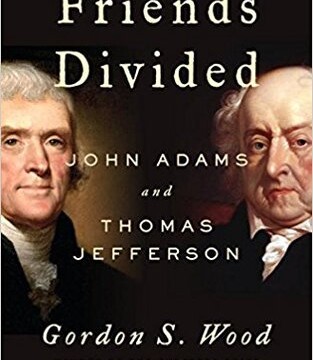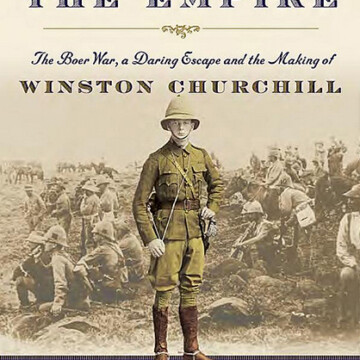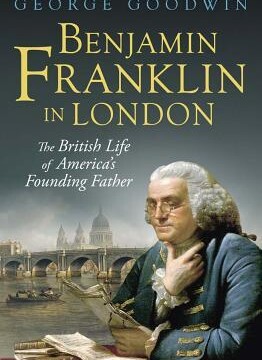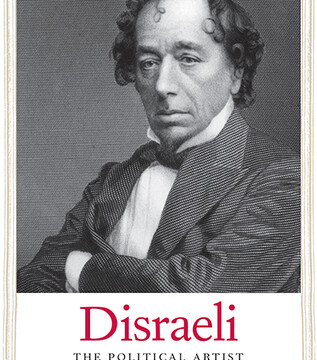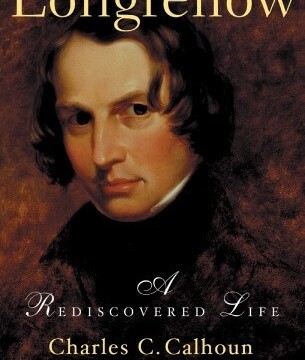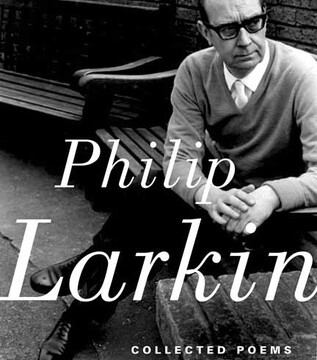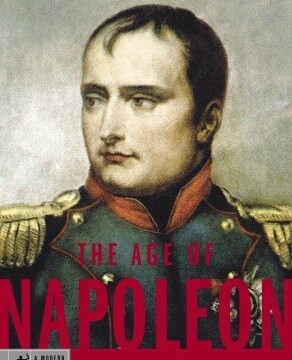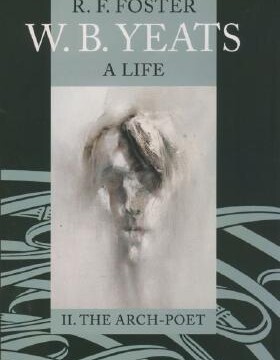Short reviews of Over Here: The First World War and American Society, by David Kennedy, and The Voyage of the Catalpa, by Peter Stevens.
A Cause, Not a Revolution
In The Cause, Pulitzer prize-winning historian Joseph Ellis paints a fascinating picture of the American Revolution through the lenses of those who lived and participated in it.
Perfidious Pence
Former President Trump is growing more vocal in his criticism of former Vice President Mike Pence for certifying the 2020 Presidential election. At a Texas rally on Jan. 29, Trump said that Pence could have sent electoral votes from disputed states back to their state legislatures, thereby overturning the 2020 presidential election results. Trump followed...
Dilution of Heroes
Napoleon and de Gaulle: Heroes and History; By Patrice Gueniffey; Belknap Press; 416 pp., $35.00 Both Napoleon Bonaparte and Charles de Gaulle rose in a time of turmoil and war to restore order. Napoleon’s service to France lay in ending revolutionary violence, while de Gaulle led free France in the struggle to overcome Nazi dominated Europe. The demerits...
Goodbye, Columbus
On October 11, 2019, President Donald J. Trump commemorated Christopher Columbus’s discovery of America with these memorable words: On October 12, 1492, after a perilous, two-month journey across the treacherous Atlantic Ocean, Christopher Columbus and his crew aboard the Niña, Pinta, and Santa Maria landed in what is today the Bahamas. This watershed voyage ushered...
A City-State on a Hill
Mark Peterson’s new book traces the development of Boston from its founding in 1630 to the end of the American Civil War. In large part the book is a biography of the city, but from the unique perspective of Boston as a city-state and a commonwealth Peterson calls “remarkable for its autonomy, including an independent...
A Matter of Necessity
God, War, and Providence approaches the story of Roger Williams by exploring the relationship between Puritan Massachusetts and Williams’s Rhode Island, and the relations both colonies had with the Indian tribes inhabiting these regions. Plymouth Plantation was founded in 1620 by English Separatists. The plantation system had first been employed in Ireland to subjugate the...
A Man of Inaction
In 1912, at dusk walking home, Henry Adams spotted something he thought to be a hippopotamus in the nation’s capital. As he drew nearer he saw it was President Taft. He gave me a shock. He looks bigger and more tumble to pieces than ever . . . but what struck me most was the...
Two Friends, Two Americas
Gordon Wood, regarded as the foremost historian of the American Revolution, has written a very fine account of the friendship between John Adams and Thomas Jefferson. Though strained at times, their friendship extended through the turbulence of the War for Independence and through the adoption of the Constitution, went off the rails with the development...
Churchill in Africa
“Half-alien and wholly undesirable” was Lady Astor’s assessment of Winston Churchill. For Winston’s father, Randolph Churchill, had taken an American wife, “a dollar princess,” as many cash-strapped members of the English aristocracy did in the late 19th and early 20th centuries. But Lord Randolph, dead at age 46, left no inheritance. Poor Winston had to...
An American In Great Britain
George Goodwin’s new book on Benjamin Franklin explores the 18 years Franklin spent in England working as a printer (1726-28) and as an agent representing the Pennsylvania assembly and other American colonies (1757-62, 1766-75). The author of this excellent book is an Englishman who offers fresh insights into the period from a British perspective. Benjamin...
The Romantic Tory
President Nixon lamented in 1969 to his urban-affairs advisor, Daniel Patrick Moynihan, that there was a dearth of poetry in the White House and had the former professor draw up a list of books for him to read. Nixon soon became enthralled with the 1966 classic biography of Disraeli by Robert Blake. The book was...
Room to Pass
Few people read Henry Wadsworth Longfellow (1807-1882) much anymore. Lines from his poems were once on the tips of tongues the world over. Students used to memorize “The Midnight Ride of Paul Revere,” and lines from “Evan-geline” and “Hiawatha.” Longfellow’s once-great literary reputation rivaled that of Tennyson and Dickens, and, after his death, the American...
Daffodils for Wordsworth
The name Philip Larkin (1922-1985) is a wonderfully poetic one, conjuring an image of a lover of horses on a carefree adventure. Such, however, is far from the temperament of this 20th-century poet, whose poetry is more suggestive of some horse in a Dickens novel, harnessed to an industrial wheel and moving forever round in...
The Order of the Silver Cross
Napoleon rose to power on the destructive wave of the French Revolution. His own synopsis of his remarkable career is succinct—“Corsican by birth, French by adoption and emperor by achievement.” The Age Of Napoleon, by Alistair Horne, seeks to encompass a broader range of the emperor’s achievements in a short volume of 218 pages. Napollion...
Till Earth Was
Poet John Clare (1793-1864) seems to have grown from the soil. His last name derives from the word clayer—someone who manures and enriches clay. As a farm laborer, he drew sustenance from the earth. Immersed in humus, he learned the humility so necessary to creativity. His poems, like furrow lines, break the surface of things...
Custom and Ceremony
The first volume of R.F. Foster’s acclaimed biography of William Butler Yeats (The Apprentice Mage) appeared in 1997. Yeats’ son and daughter (now in their 70’s) chose him to be their father’s official biographer after their previous choice, F.S.L. Lyons, passed away, and Foster has been working on this project for the past 17 years. ...
The Battle Over Terri
Michael Schiavo has decided that his wife’s life is without merit. Since her collapse in 1990, he has worked to free himself from the burden of caring for the one he vowed to love in sickness and in health. After she awakened from a brief coma, Terri Schiavo’s condition improved slightly, and, though unable to...
Belated Bloomsday
June 16 is Bloomsday, named after the character of Leopold Bloom in James Joyce’s Ulysses. Joyce’s huge book takes place all on that long June day in 1904—250,000 words long, that is. We are told that Ulysses is one of the most important books of the century. We are told it is an intelligent book....
